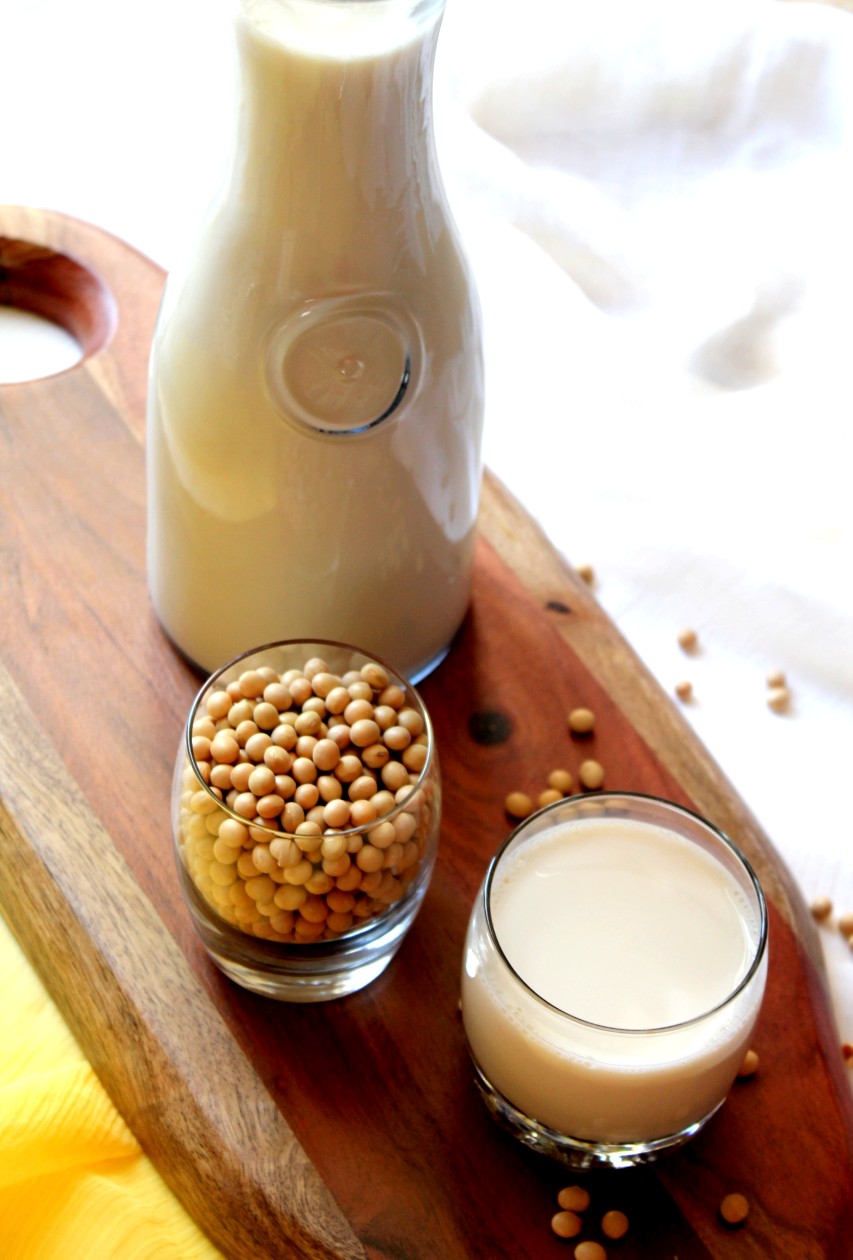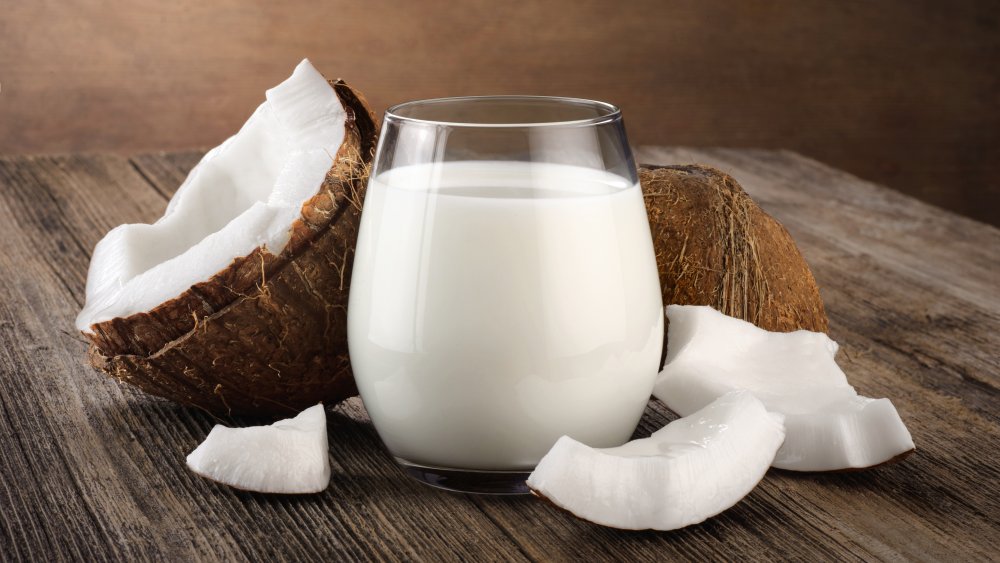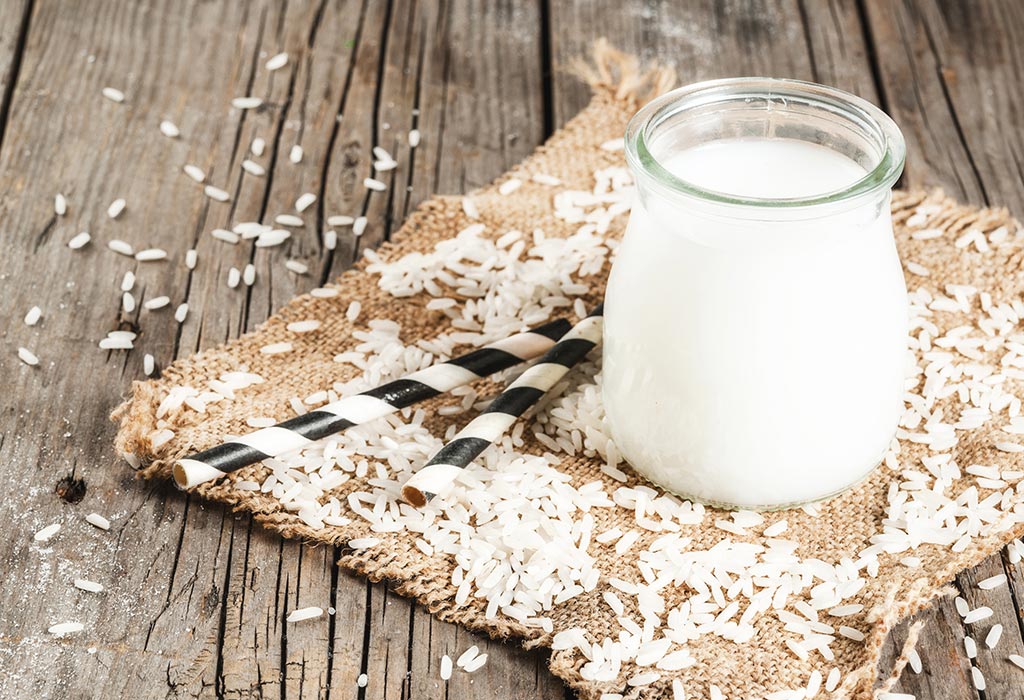GlobalSpa
08-Nov-2022
From obesity to hypertension, milk can be gainful for a ton of medical problems. For the individuals who are vegetarian or lactose bigoted, Plant-based Milk Alternatives milk is a gift. Options in contrast to dairy milk are turning out to be progressively famous for individuals with allergies and intolerances or for the people who favor a dairy-free diet. Take a look.
What is plant based milk?
Plant based milk is basically a lactose free substitute to the cow milk. There can be numerous reasons to switch to this plant based other option. The most pressing explanation is being lactose bigoted, which is something that specialists can these days effectively define. Different reasons are the extraordinary taste and the low measures of fat in most plant based milks. Plant based milks are likewise truly reasonable for individuals that decide to eat vegetarian or vegan.
What are the benefits of plant based milk?
· It’s rich in vitamins and minerals
· Most of them are low in fat
· They do not contain cholesterol
· They have a healthy combination of mono- and polyunsaturated fats
· Perfect for people with a slow digestive system
What are the reasons to opt for plant based foods?
· Allergies and Sensitivities: Some people are lactose intolerant, meaning they do not produce the lactase enzyme needed to break it down.
· Veganism: People who follow a vegan or plant-based diet do not consume or use any animal products out of concern for animal welfare.
· Sustainability: Among other ecological effects, cows contribute to greenhouse gas emissions, so people may choose to go dairy-free for environmental reasons.
· Lactose intolerance
As a result, a scope of non-standard dairy milk and non-dairy milk substitutes are presently accessible. Each has an alternate nourishing profile, flavor, variety, and texture. Non-dairy items come from plant sources, like nuts, seeds, and grains. Several milk alternatives are accessible to individuals who don't wish to consume dairy milk.
Popular examples
Soy milk

While you're cooking or baking, soy milk can generally be a one on one substitute to cow milk. It has the similar consistency with regards to protein and fat.
It contains all the essential amino acids, but soy is also one of the 8 common allergens that people may be intolerant or sensitive to as well. It is known as closest to cow milk. It is good enough to reduce hyper pigmentation (a condition of darkening of the skin).
Soy milk is a dairy-free source of milk, made exclusively from soybeans.Helps in weight lost and high Blood pressure: Soy milk is rich in fibre which has a considerable effect on the BMI and good cholesterol levels. This drink is known to help with obesity and high blood pressure. Combining soy milk with a low-fat diet and some soy proteins can help you get rid of obesity while keeping your muscle mass in place. It helps in making your bones strong and promotes healthy Heart.
Almond milk

Almond milk is made by blending almonds with water and then straining the mixture to remove the solids. This is a very healthy milk-substitute. It contains lots of nutrients such as vitamins, magnesium, iron, protein and fibers. It’s naturally very creamy!
Almonds are an excellent source of vitamin E, which is a fat-soluble vitamin important for protecting your cells from free radical damage. Commercial versions of almond milk might add various nutrients, such as calcium, riboflavin, vitamin E, and vitamin D, to enhance the drink’s nutritional content.
Make certain to choose an unsweetened and unflavored variant of Almond Milk. Unsweetened almond milk is normally low in sugar and high in vitamin E, a strong disease-fighting antioxidant.
It helps with weight management as one cup of almond milk contains only 60 calories, as opposed to 146 calories in whole milk, 122 calories in 2 percent, 102 calories in 1 percent, and 86 calories in skim. It makes for an incredible substitute that will help you lose or keep up with your ongoing weight.
Almond Milk is known to keep your bones healthy. While it doesn't propose as much calcium as cow's milk, almond milk offers 30% of the recommended daily amount, as well as 25 percent of the recommended amount of vitamin D, reducing your risk for arthritis and osteoporosis and improving your immune function.
Coconut milk

Frequently lauded for its medical advantages, coconut milk is a crowd pleaser. Coconut milk has a naturally smooth and delectable flavor. It additionally contains nutrients like: Vitamin C, Vitamin B1, vitamin B3, vitamin B5, vitamin B6 and Vitamin B1, Vitamin and Vitamin E.
It helps increase endurance as coconut milk is a high-calorie food. More calories mean more energy you get from a particular food. Hence, calories play a significant role in enhancing stamina.
Since coconut milk is full of nutrients and has saturated fats, it is a fantastic addition to the keto diet plan. The diet works by depleting the body of its sugar reserves. As a result, it breaks down fat for energy. It results in the production of ketones molecules that our body uses for fuel. When the body burns fats, it can also lead to weight loss.
Although coconut milk is high in saturated fats, some studies show that it benefits heart health via other means. For example, coconut milk decreases LDL, which is bad cholesterol. It also increases HDL, which is good cholesterol.
Rice milk

Rice milk is often chosen because of its sweet taste. It’s perfect for baking or breakfast recipes. On the contrary, it does not contain as much calcium or protein as cow milk.
Rice milk is a non-dairy milk alternative that provides healthy amounts of vitamins A, B12, and D. It's also a great source of calcium while being a low-fat and low-protein option. The calcium in enriched rice milk is important for bone health and strength and may help prevent osteoporosis (a weakening of the bones that can cause fractures). It further prevents Vitamin B12 and Calcium Deficiency
KEY TAKEAWAY
People need to be aware that plant-based beverages are not an exact substitute for cow’s milk. Those who usually get calories and other nutrients from cow’s milk should speak with a licensed dietitian to ensure they find suitable alternatives. This is especially important for children.